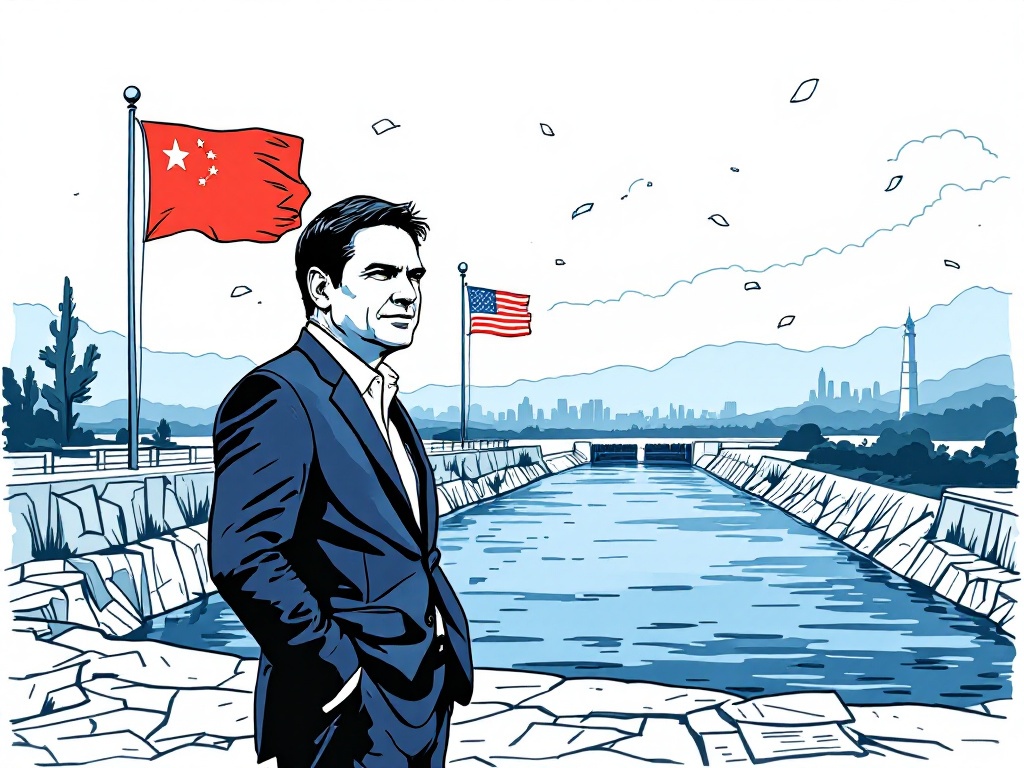Rubio Pressures Panama to Reduce Chinese Influence Over Canal

Panama City, Monday, 3 February 2025.
U.S. Secretary of State Marco Rubio urged Panama to curb Chinese influence, warning of potential U.S. actions. Amid growing tensions, Panama chose not to renew the 2017 China agreement.
Diplomatic Tensions Escalate
During a critical meeting on February 1, 2025, U.S. Secretary of State Marco Rubio delivered a stark message to Panamanian President José Raúl Mulino, warning that the ‘status quo is unacceptable’ regarding Chinese influence over the Panama Canal [1][4]. The high-stakes diplomatic encounter came amid escalating tensions, with Rubio indicating that the United States might be forced to ‘take measures necessary to protect its rights under the Treaty’ if immediate changes weren’t implemented [4][6].
Panama’s Strategic Response
In a significant diplomatic shift, President Mulino announced that Panama would not renew its 2017 agreement with China on the ‘Belt and Road’ initiative [1][3]. This decision was praised by Rubio as ‘a great step forward’ [1], though Mulino maintained a firm stance on Panama’s sovereignty over the canal, stating unequivocally that ‘the canal belongs to Panama’ [7]. The announcement came as Panamanian authorities initiated an audit of the Panama Ports Company, which is linked to China’s CK Hutchison Holdings and operates two terminals around the canal [3].
Trump’s Controversial Stance
President Trump intensified the situation on February 1, 2025, declaring that ‘China is running the Panama Canal that was not given to China, that was given to Panama foolishly’ and threatening that ‘something very powerful is going to happen’ [3]. These statements sparked immediate protests in Panama City, where demonstrators burned effigies of Trump and Rubio [1], highlighting the deep-seated concerns about potential U.S. intervention reminiscent of historical military presence in the region [7].
Future Implications
As part of his first international tour as Secretary of State, Rubio’s diplomatic mission extends beyond Panama to include visits to El Salvador, Costa Rica, Guatemala, and the Dominican Republic [5]. The ongoing dispute has broader implications for regional stability and U.S.-Latin American relations [6]. While Panama has shown willingness to address U.S. concerns about Chinese influence, Mulino emphasized the potential for increased U.S. investment in Panama [3], suggesting a path forward that could balance both nations’ interests while preserving Panama’s sovereignty over the canal.